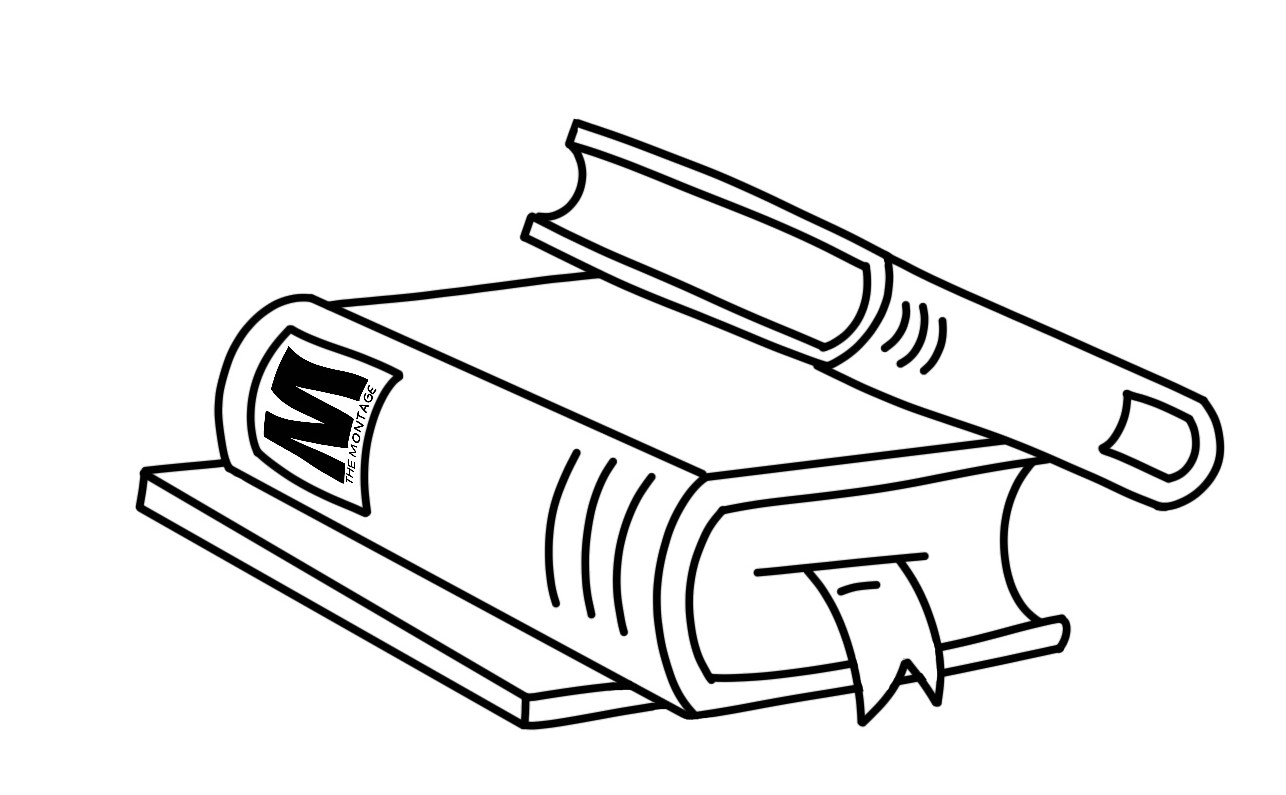BY: RYAN WINZEN
Staff Writer
A certain type of dread may hit students when they first see that their classes may require an expensive textbook. With the cost of classes, transportation, and school materials, costly textbooks can unintentionally create another financial burden for students.
However, some St. Louis Community College (STLCC) professors have joined the Open and Affordable Educational Resources Council, a group focusing on ways for students to find classes that ditch the requirement of some of those costly textbooks.
Open and Affordable Educational Resources (O&AER) are free, online teaching resources that are under a free-to-use license. A trend of professors using O&AER instead of textbooks is occurring at STLCC.
Gerry Myers is a music professor and choir director at Meramec. He has been teaching at STLCC for 15 years and has seen textbook prices increase quickly.
“They have gone up,” Myers said. “I’ve been teaching for 26 years and I’ve seen prices go up considerably. When I got here 15 years ago, I already thought they were too high. Even as an undergrad in the 90’s I thought they were expensive, even though they probably cost less back then.”
Myers has combated these high costs in his own unique way.
“I make my own workbooks for the class,” said Myers.
By creating his own workbooks, Myers has eliminated some of the issues caused by textbooks. “I find the problem with academically written books, students will read them and come to class with more questions,” he said. “What my workbooks ended up being was glorified notes, so we can do music class discussions. It takes the cost away and alleviates the confusion.”
A feature of the online bookstore that Myers pointed out is the ability for students to view what classes require which textbooks. “The site is called Stlcc.textbookx.com. They can see what classes need what books. For music theory, I put that I provide them workbooks and textbooks on canvas. They can look between sections. Some classes require the same book for each section, but for music classes, the professor chooses the books,” said Myers.
Russel Murray is a math professor at STLCC who has also written his own OER materials. “I teach differential equations and that is the class I’m using the ore textbook, which is the one I wrote. I also teach calculus and we’re working on an ore textbook for that class,” said Murray.
Philosophy Professor Sahar Joakim talked about being a member of the O&AER Council.
“This council tries to inspire professors to use less expensive course materials. Affordable means anything under $40,” said Joakim.
Joakim makes her own class material through her YouTube channel. “I also have a YouTube channel and a part of my homework is for my students is to watch those YouTube videos.”
Joakim mentions the positive attributes of her YouTube videos.
“You can pause the YouTube video and take a screenshot,” she said. “The students can take notes without having to write anything down. They can slow the video down, they can pause the video, they can put captions and read while they listen,” said Joakim.
Joakim shared a student survey regarding textbooks. In 2021, 1076 students responded to the survey. Out of that 58% said they bought a textbook and did not use it for the course. In 2023, 849 students responded with 62% saying they purchased a textbook which the class did not use.
Political Science Professor John Messmer did not originally use free O&AER resources.
“Some of my colleagues did this already, but I wasn’t going to a free textbook until I knew the textbook was of good quality,” said Messer.
Messmer mentions the qualities he enjoys about O&AER. “No cost to the students, online, high quality, you’re 3 for 3 with that,” said Messmer.
Messmer said that he shows his support to the individuals who create O&AER resources. “At the end of the day, the people are doing it for ethical moral reasons, they realize for the good of higher education, it would be great if we could eliminate another burden to students,” said Messmer.
While textbook prices do not seem to be lowering any time in the foreseeable future, many professors are embracing free educational resources.
“An expensive book doesn’t mean more quality. A free textbook doesn’t mean lower quality,” said Joakim.












